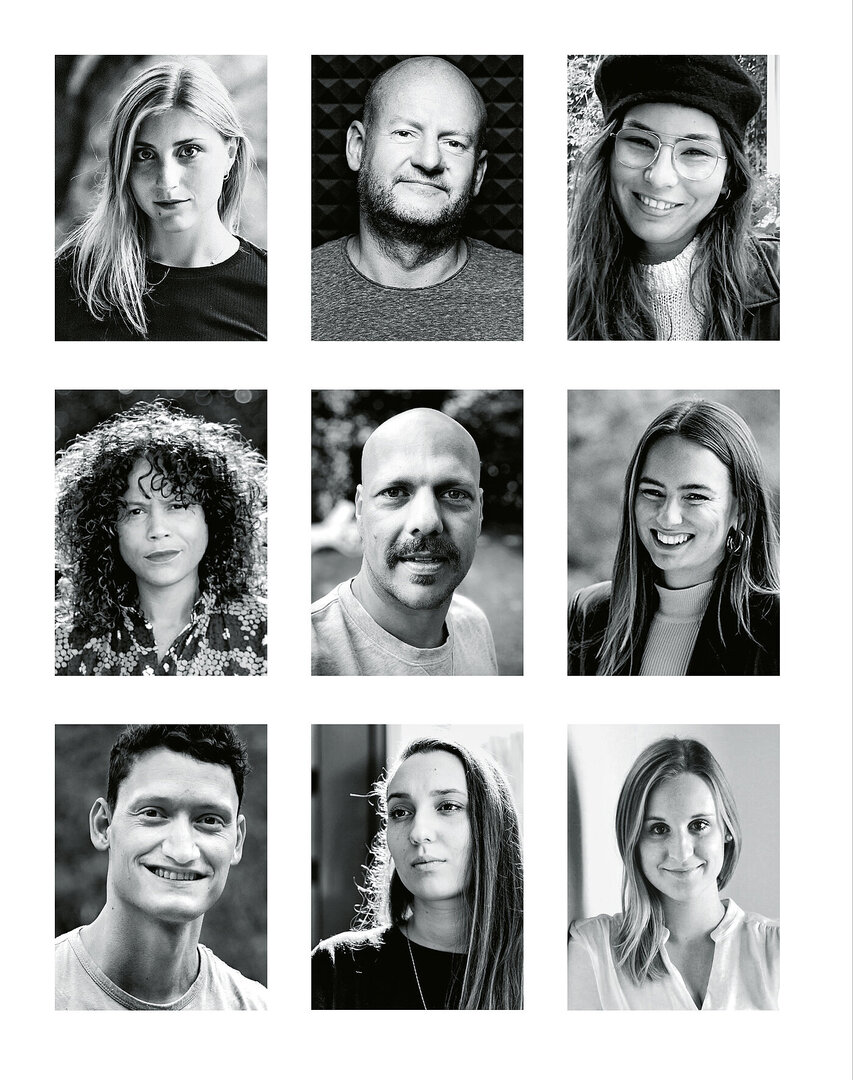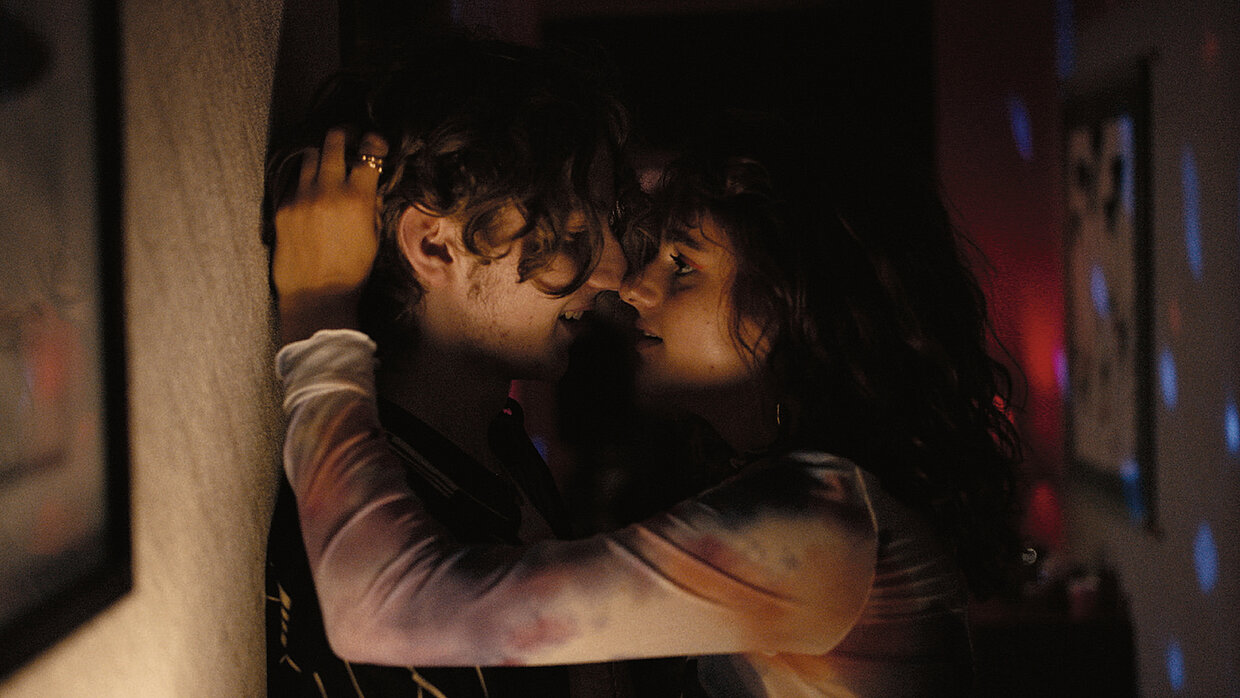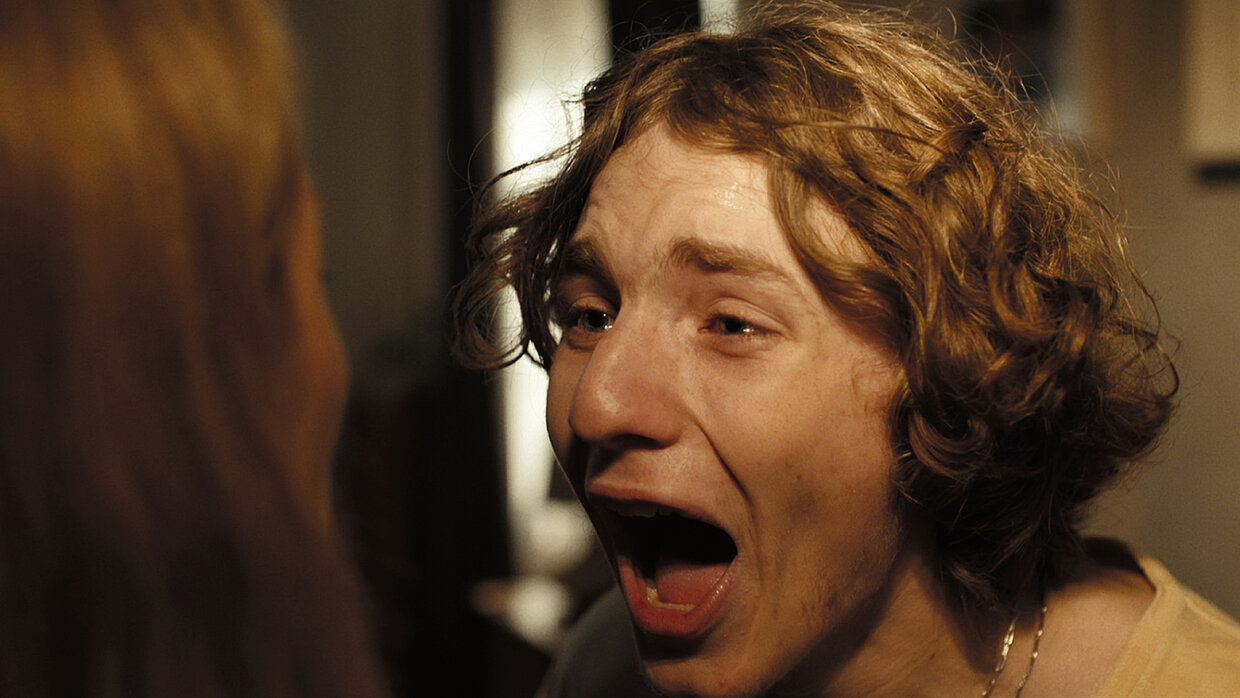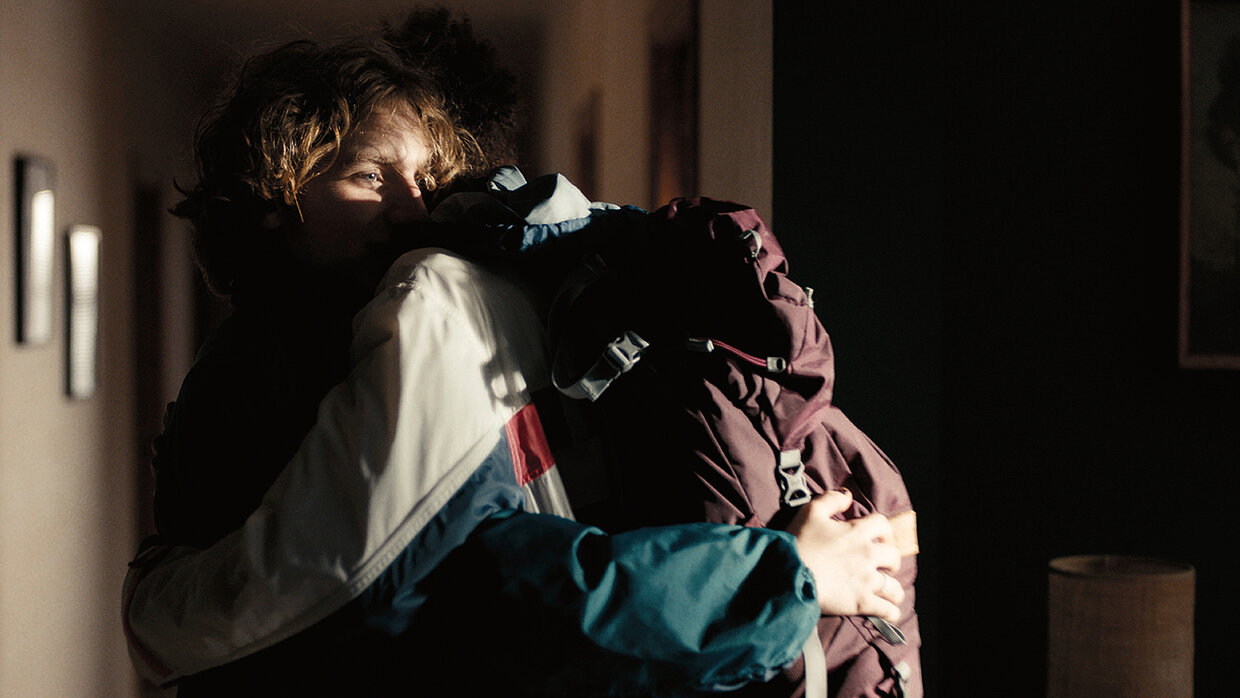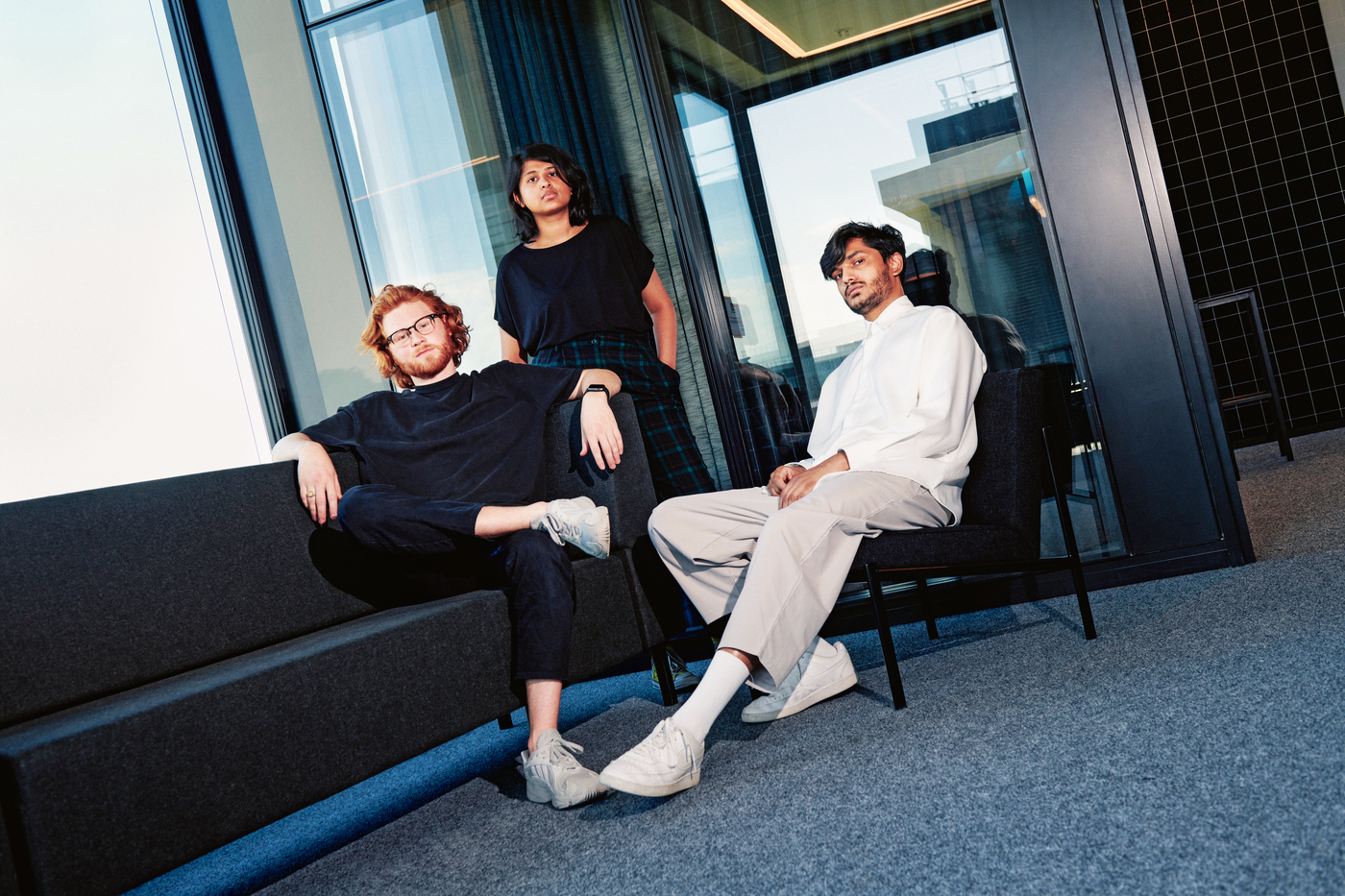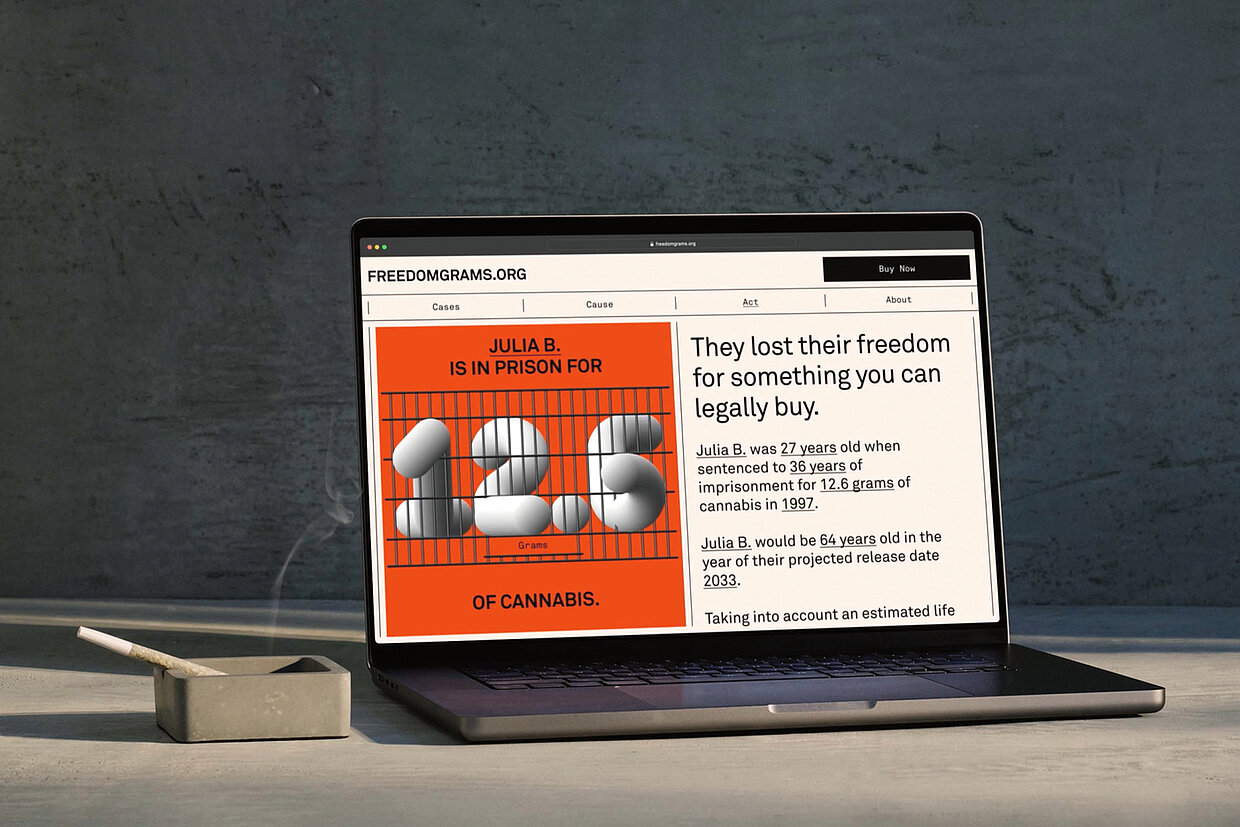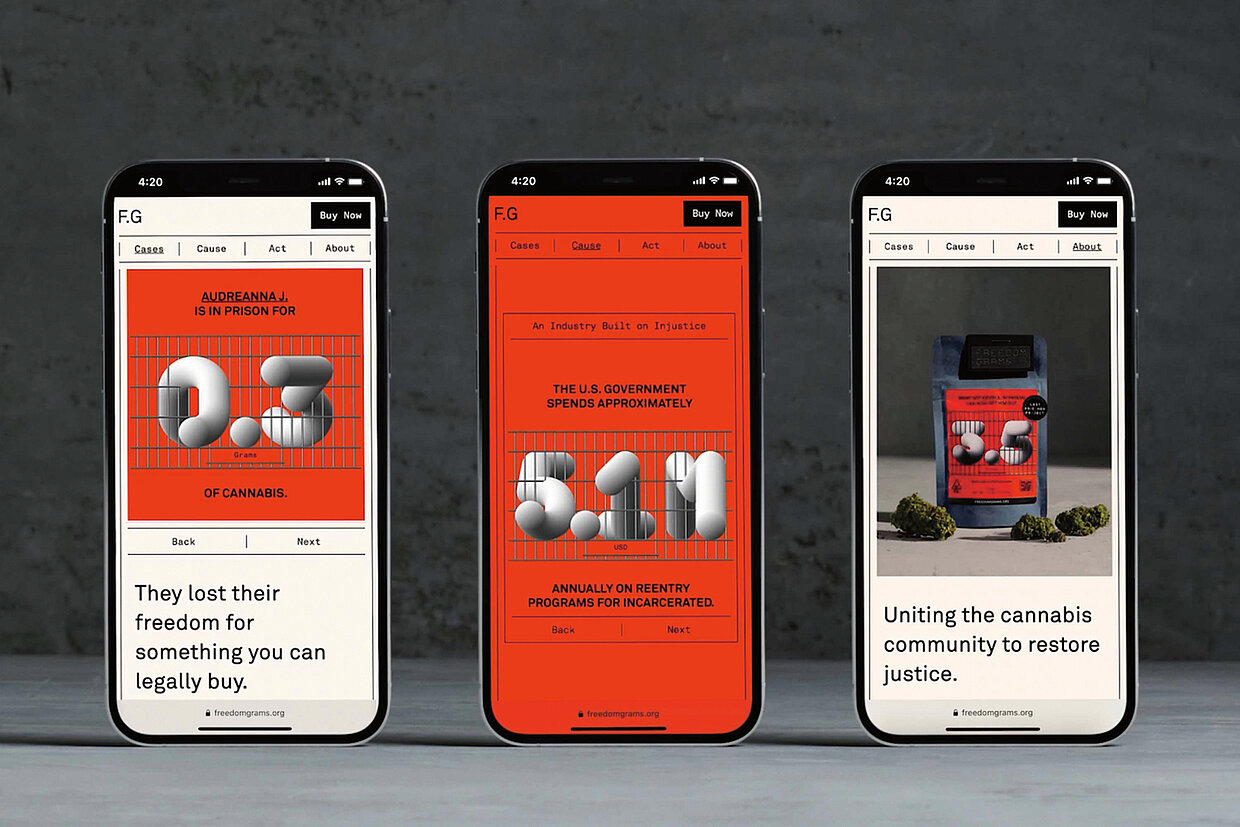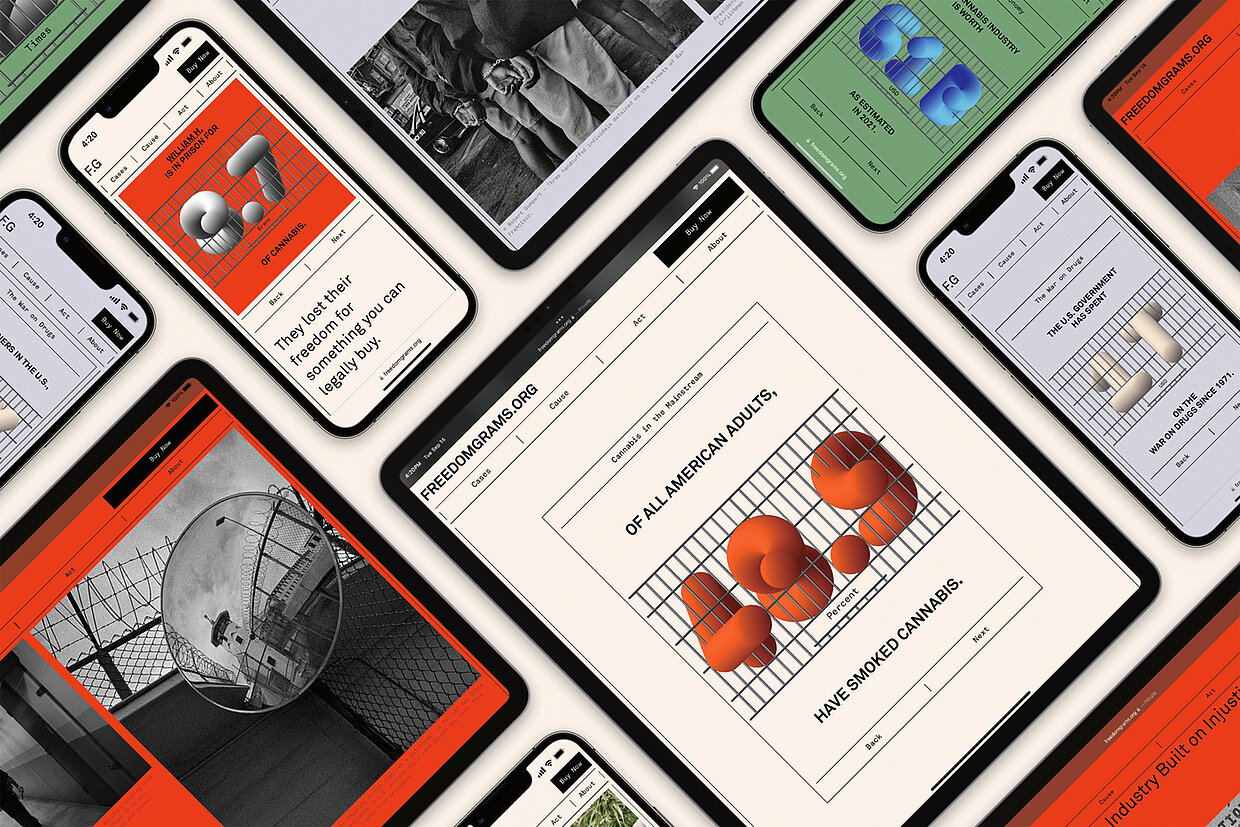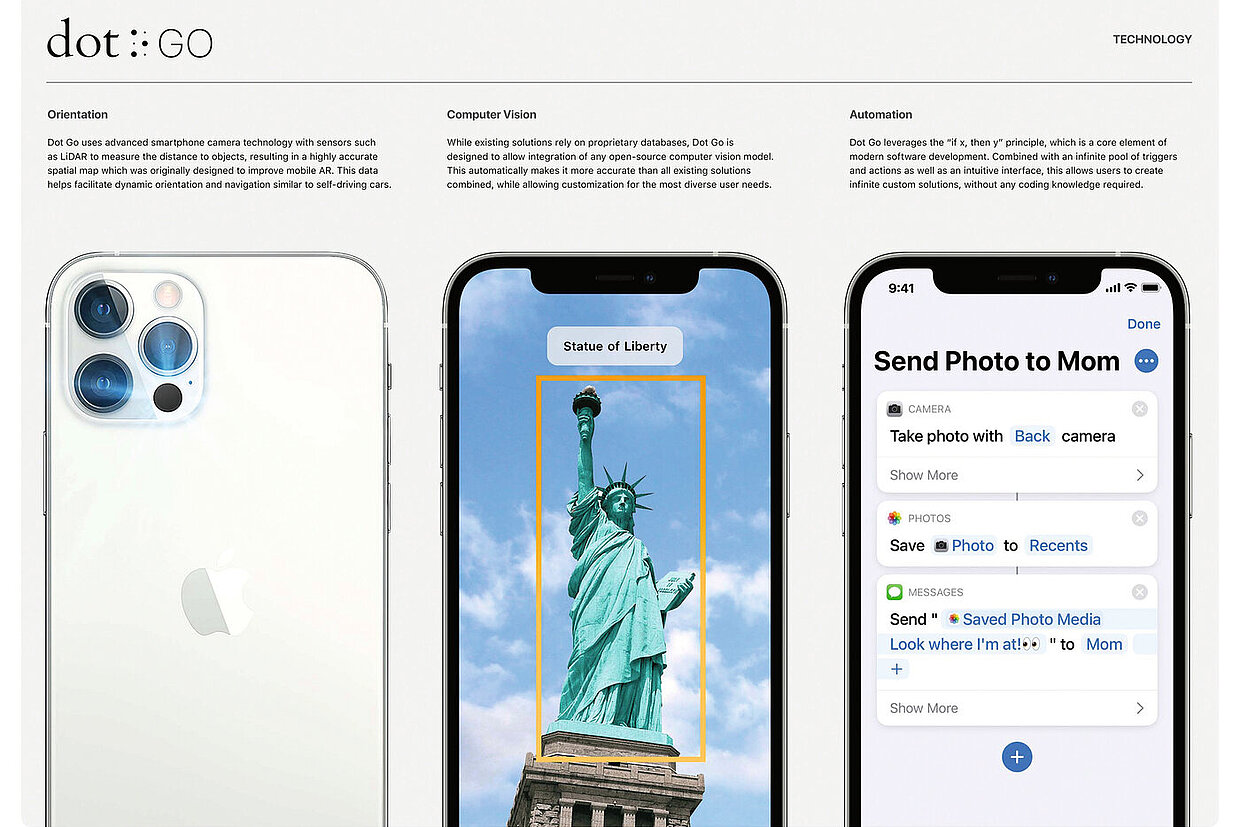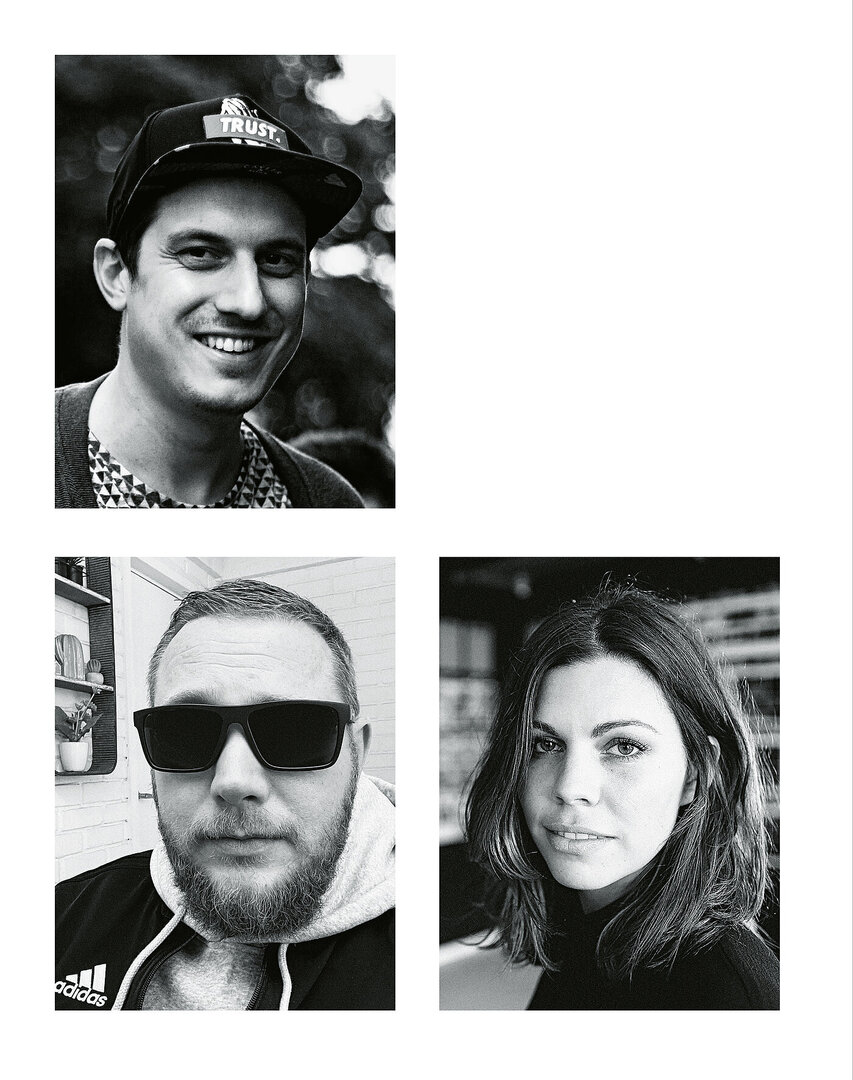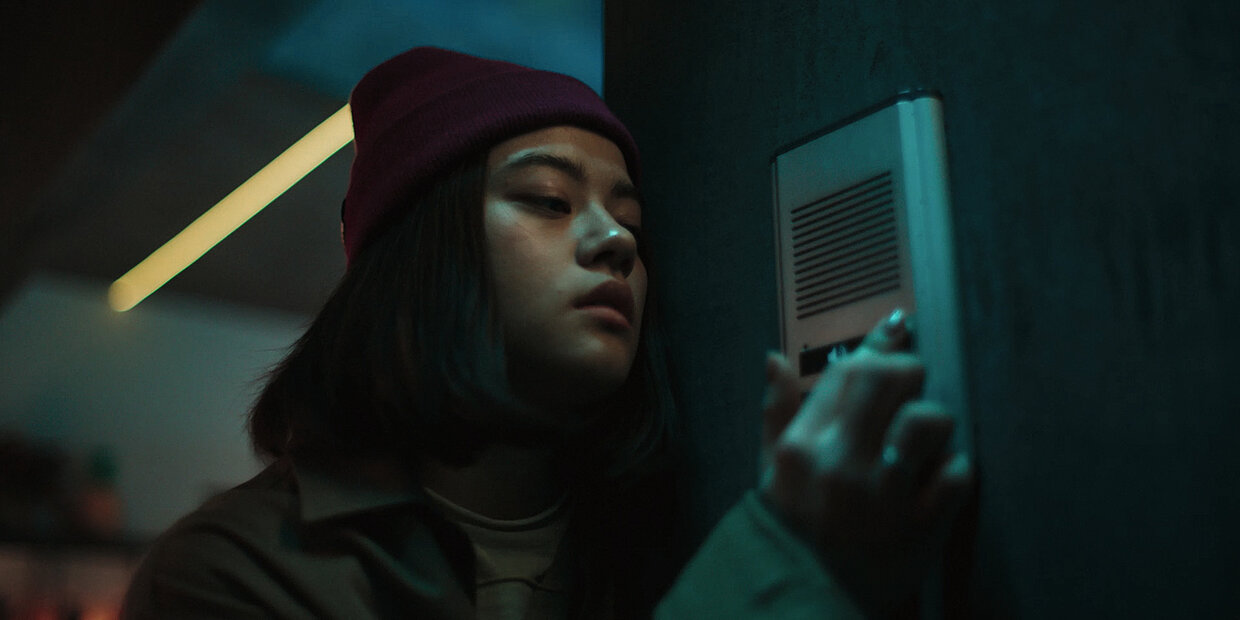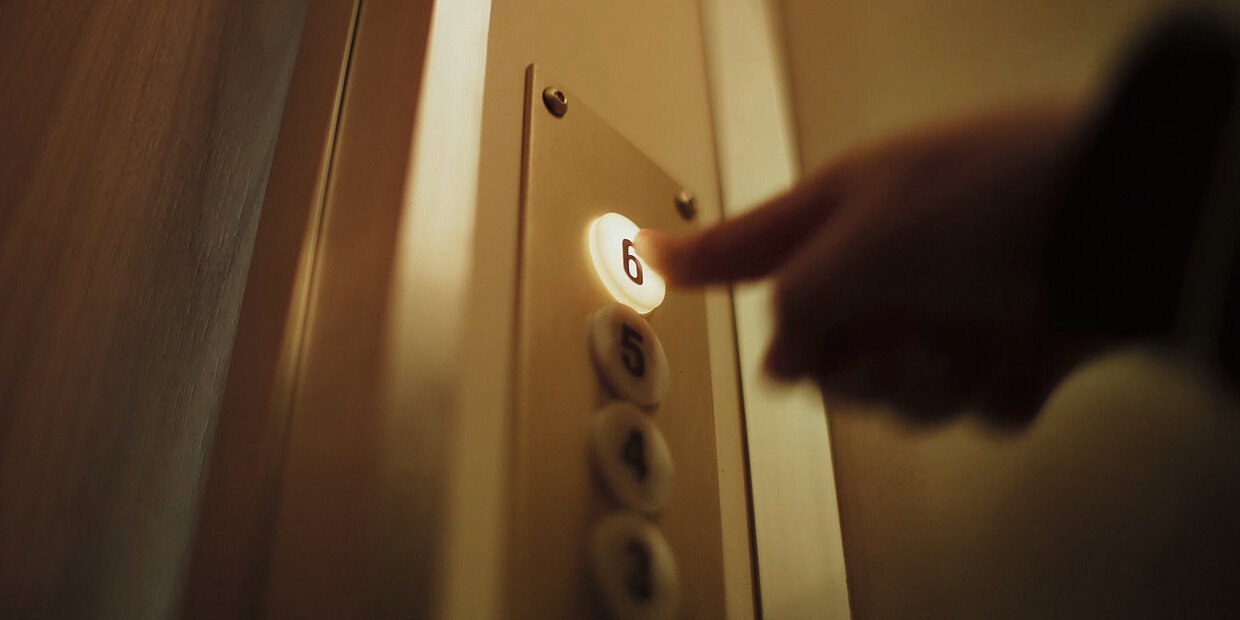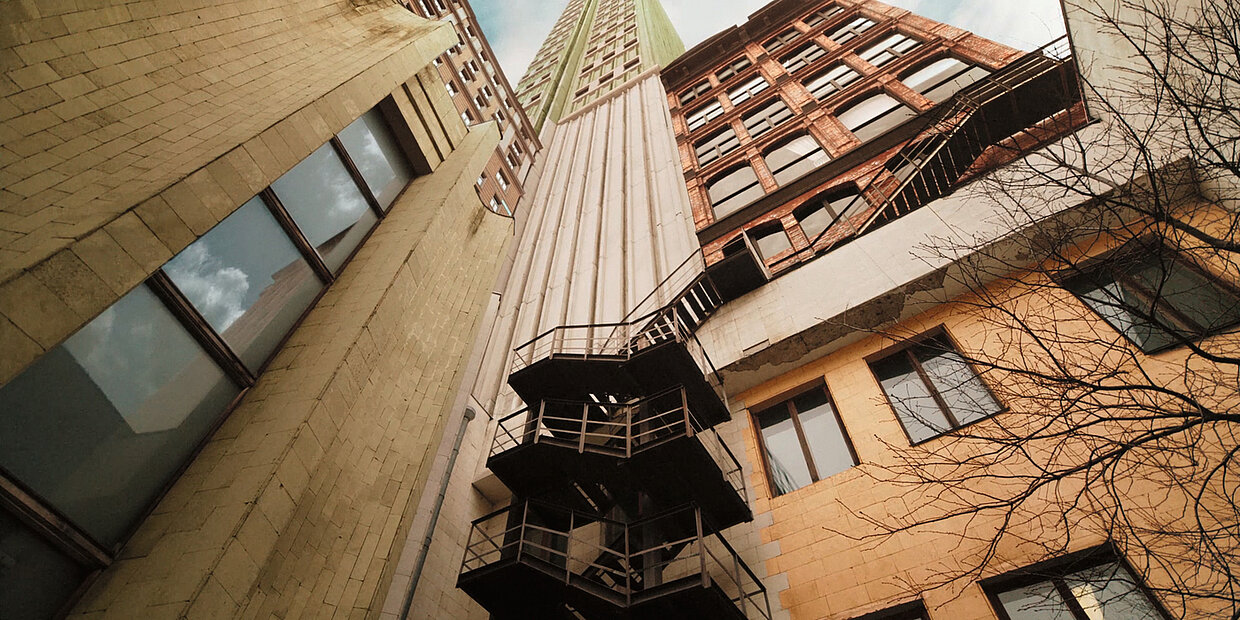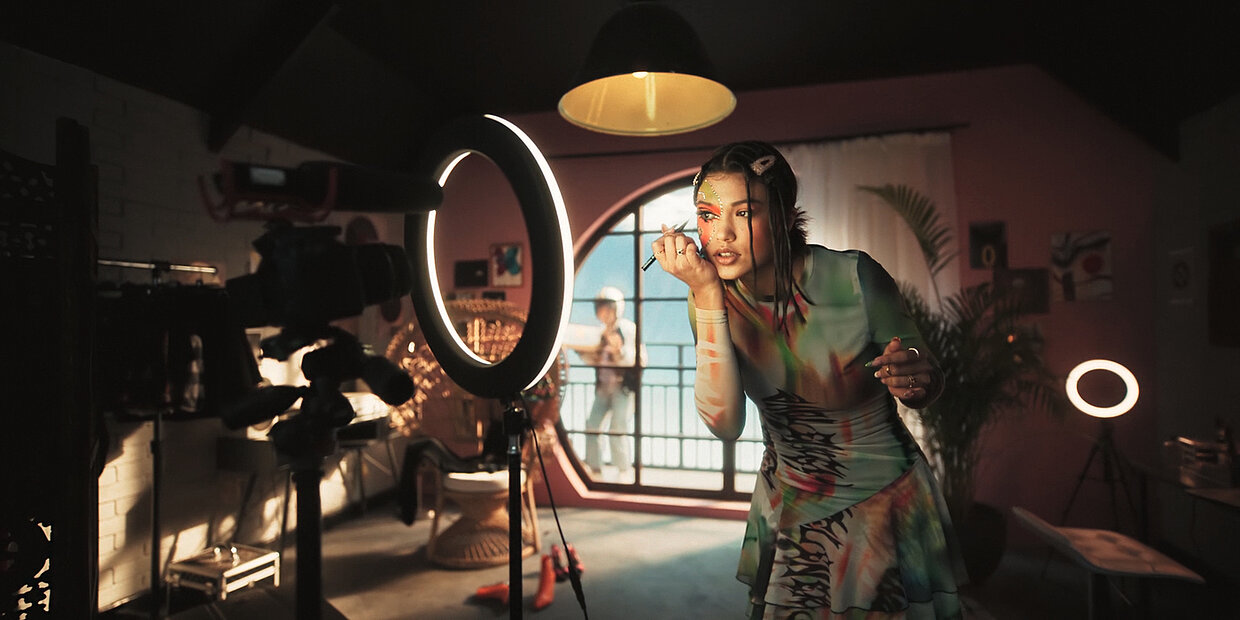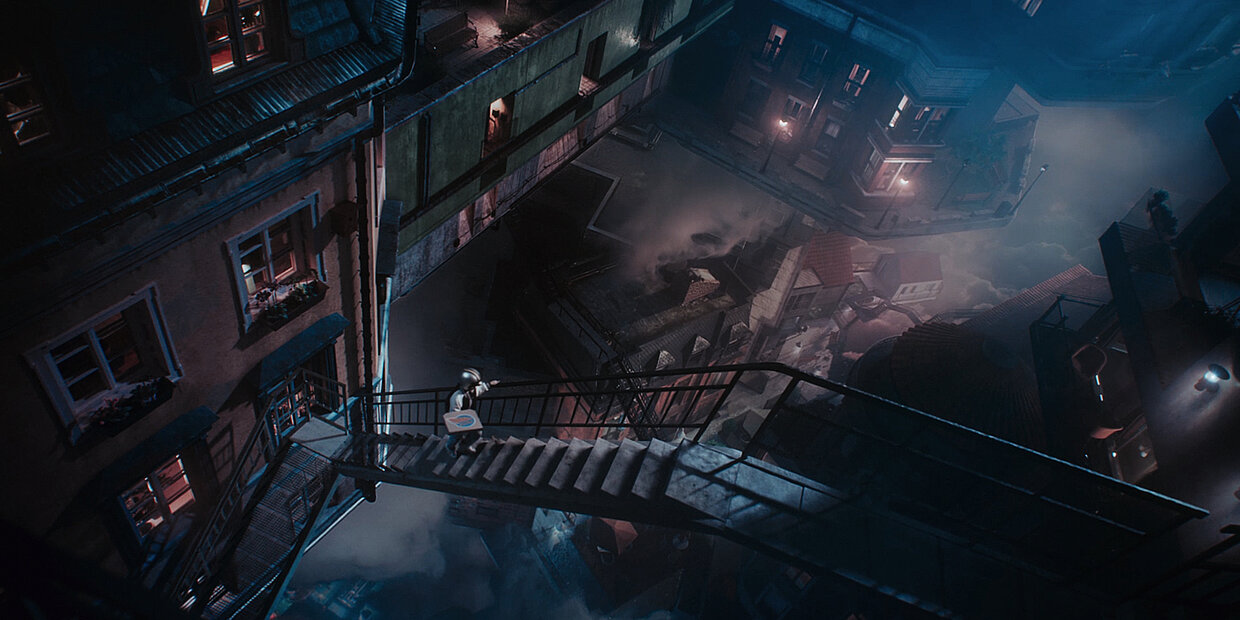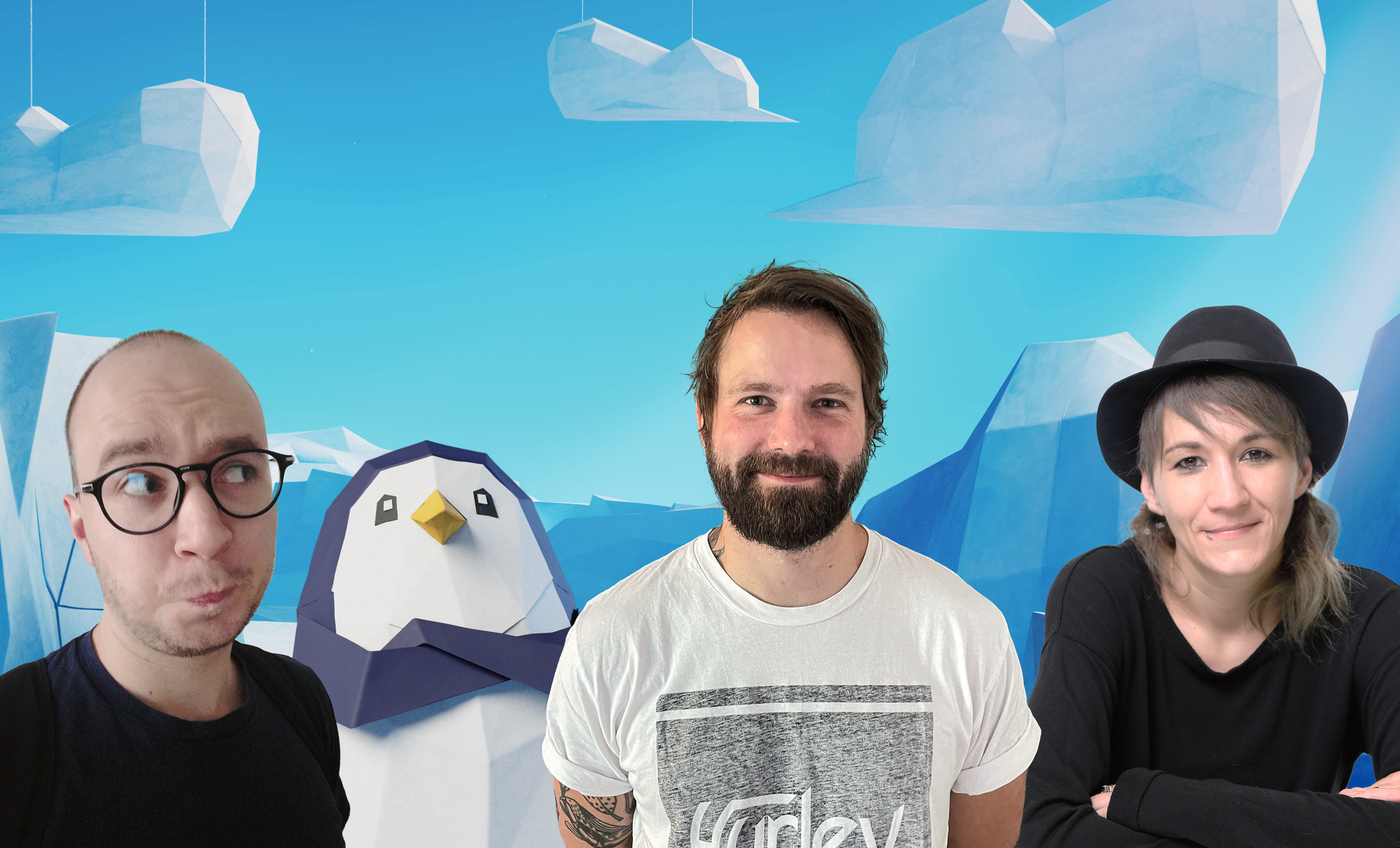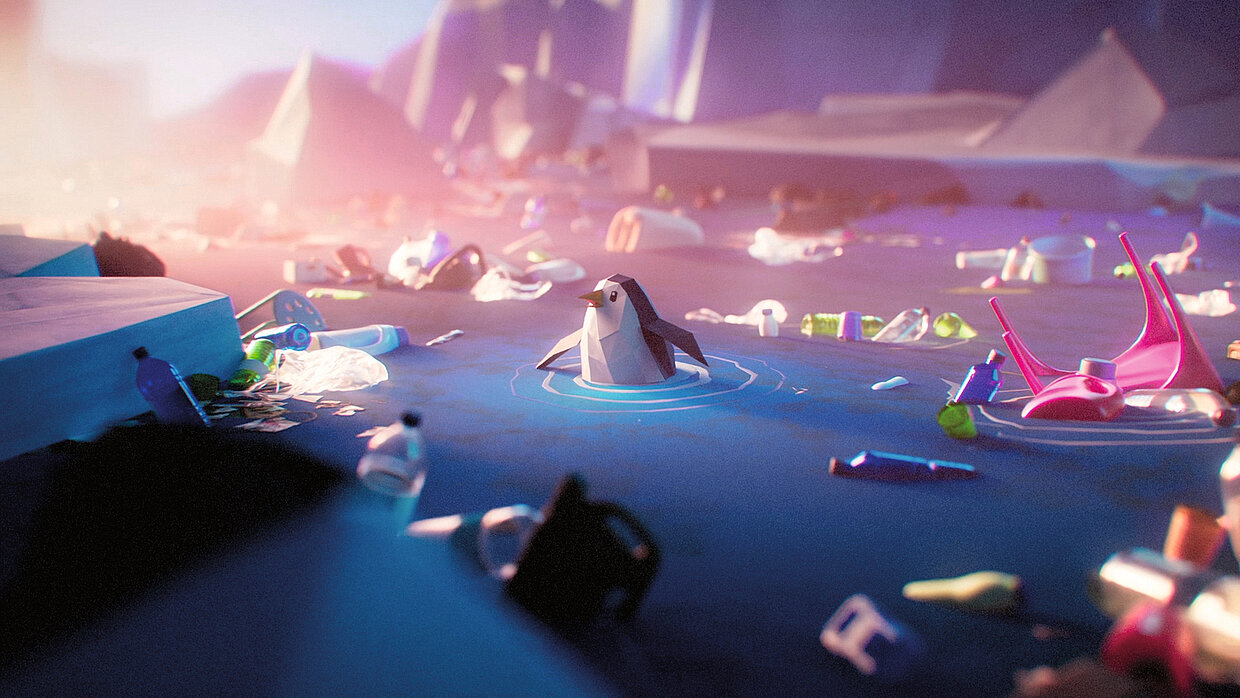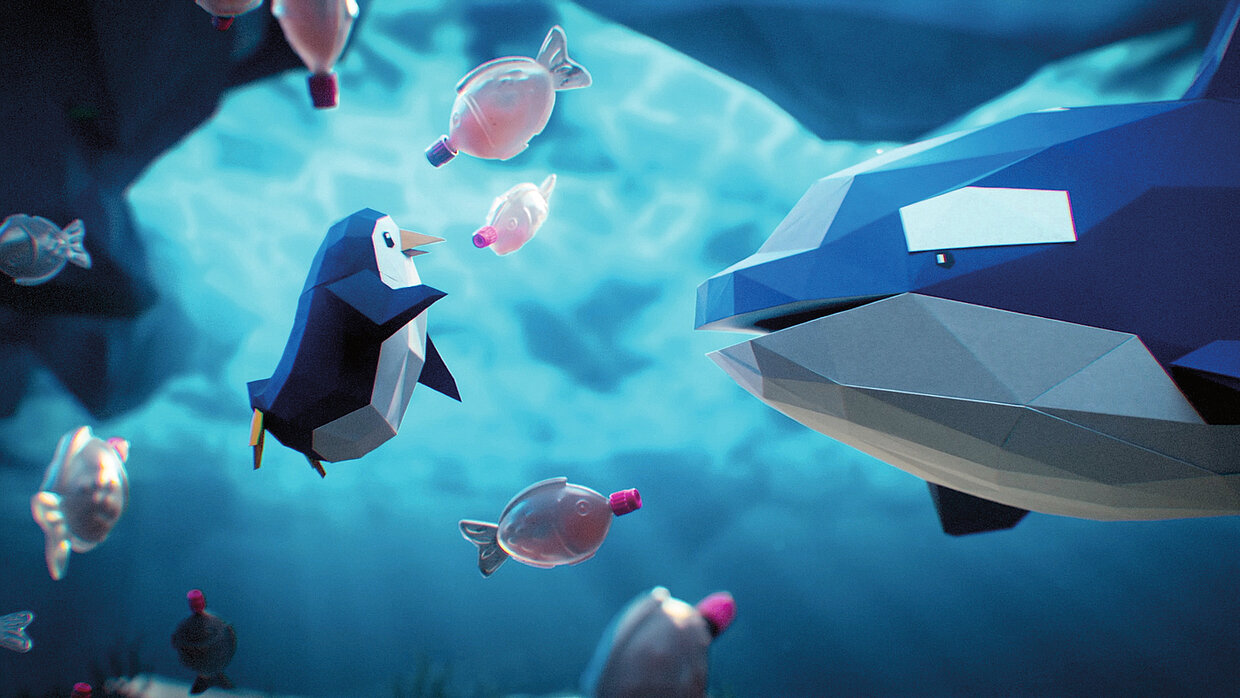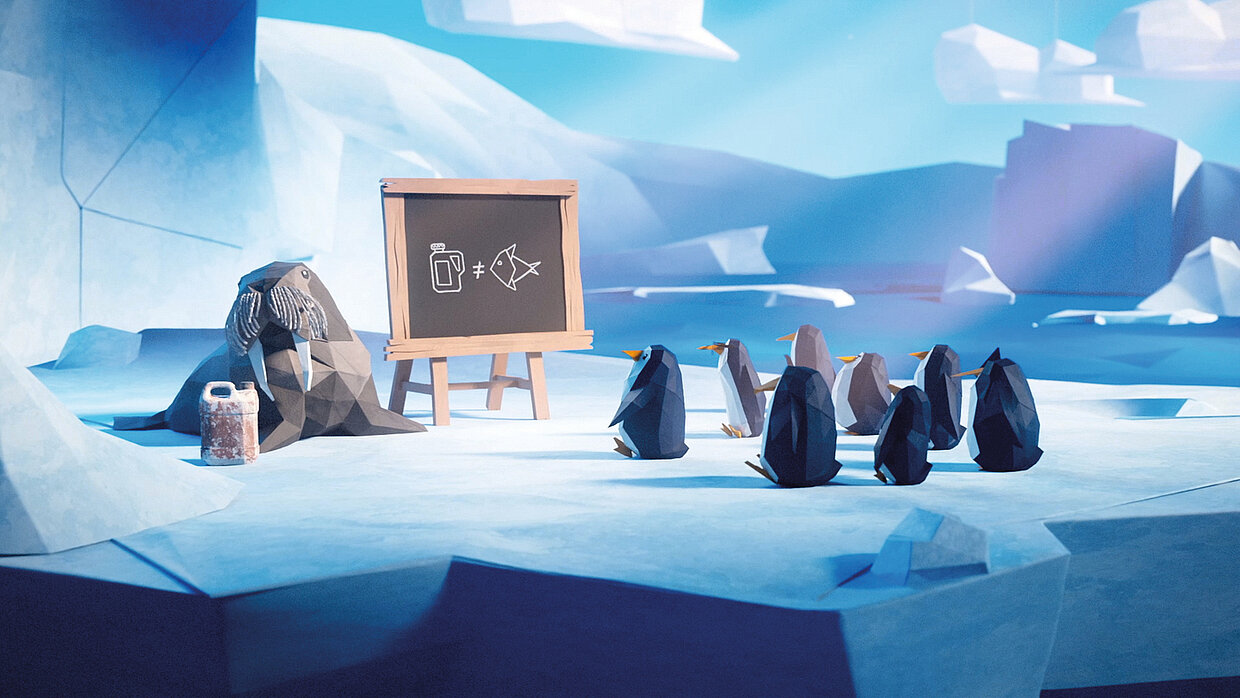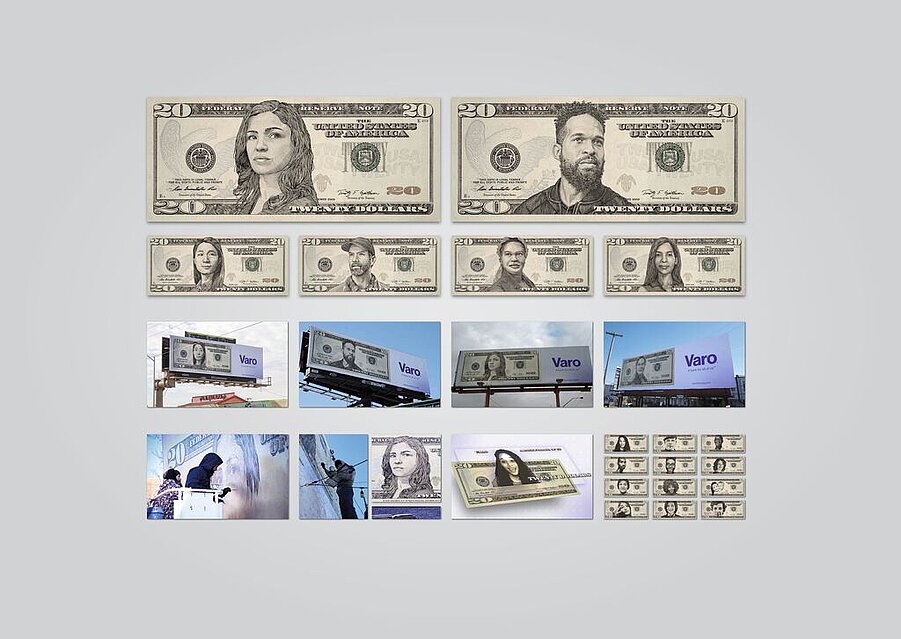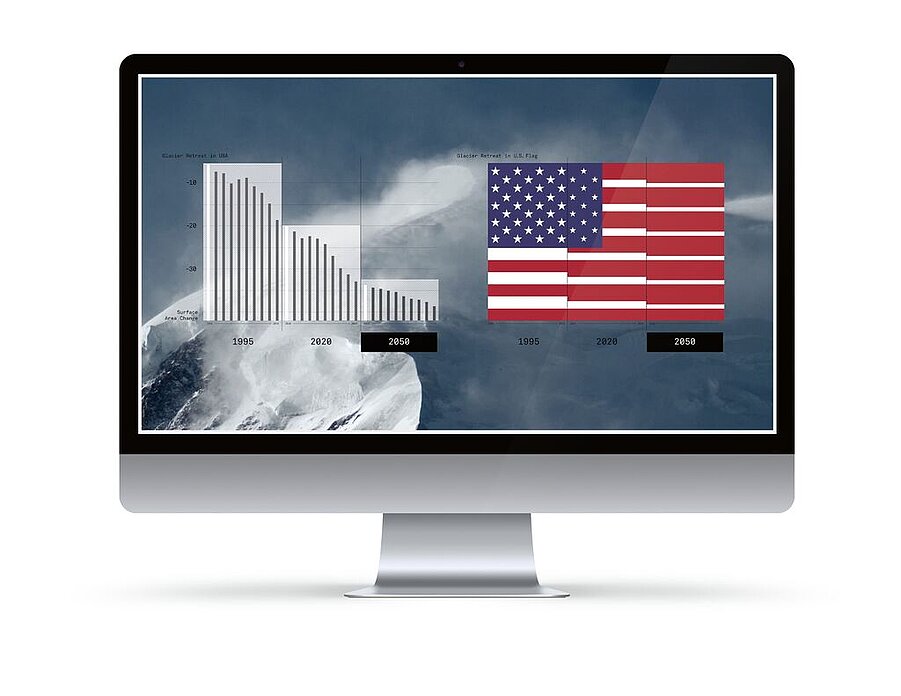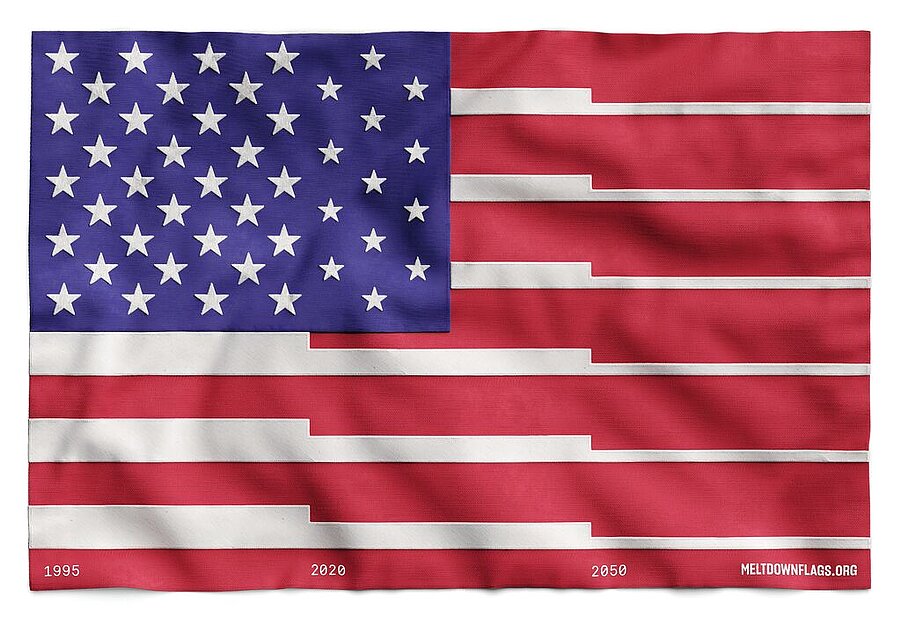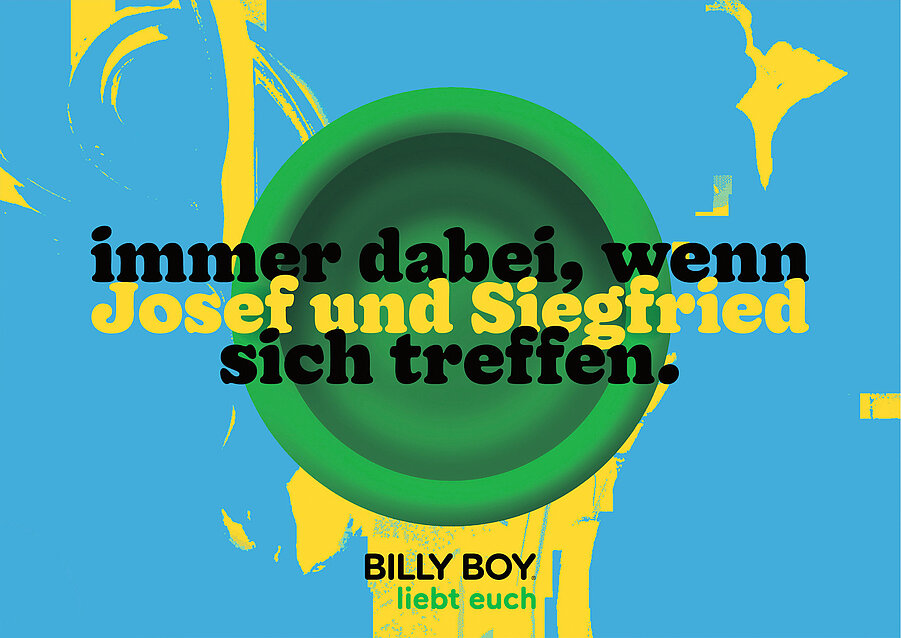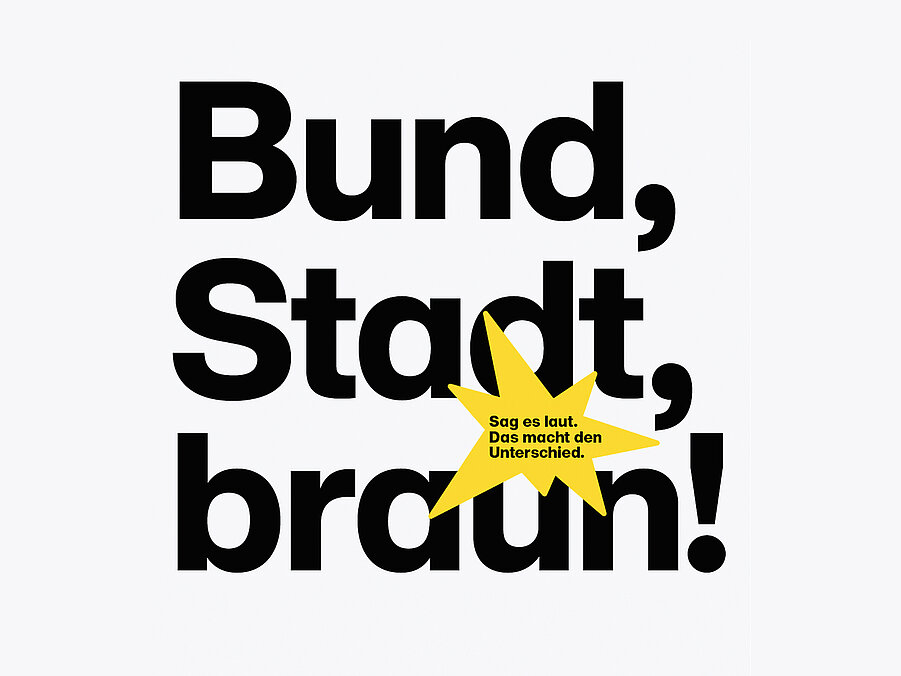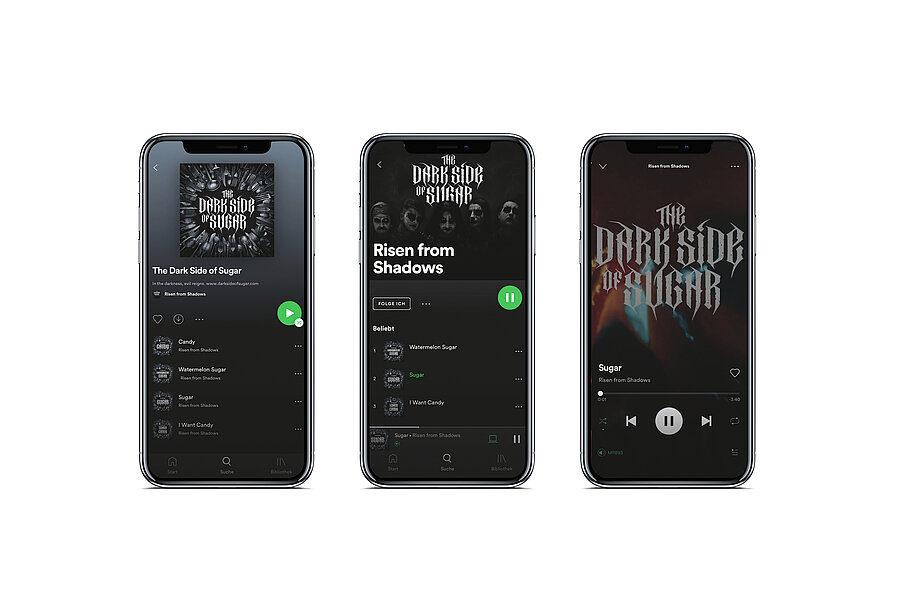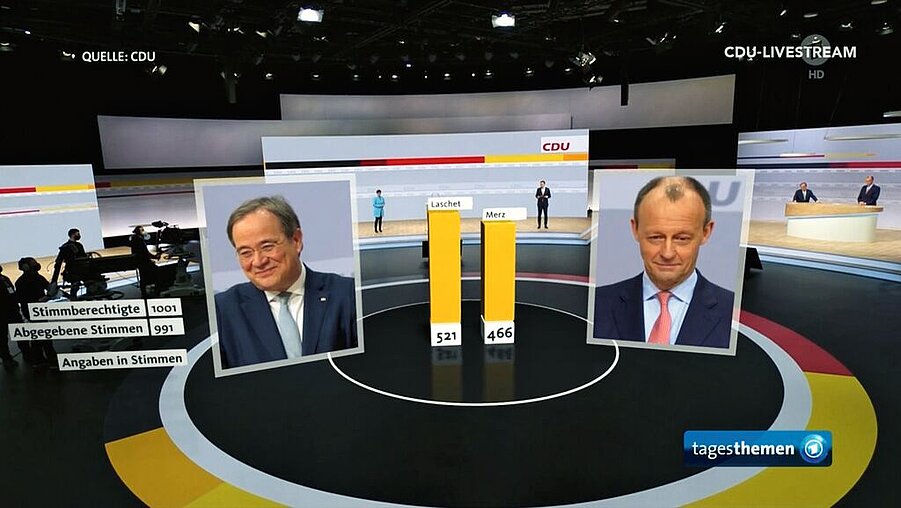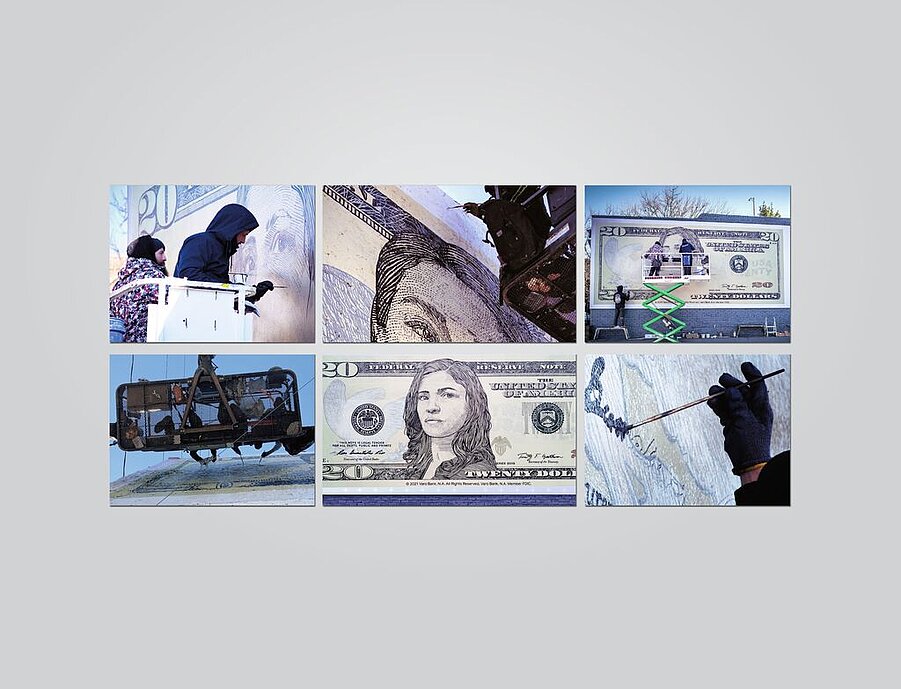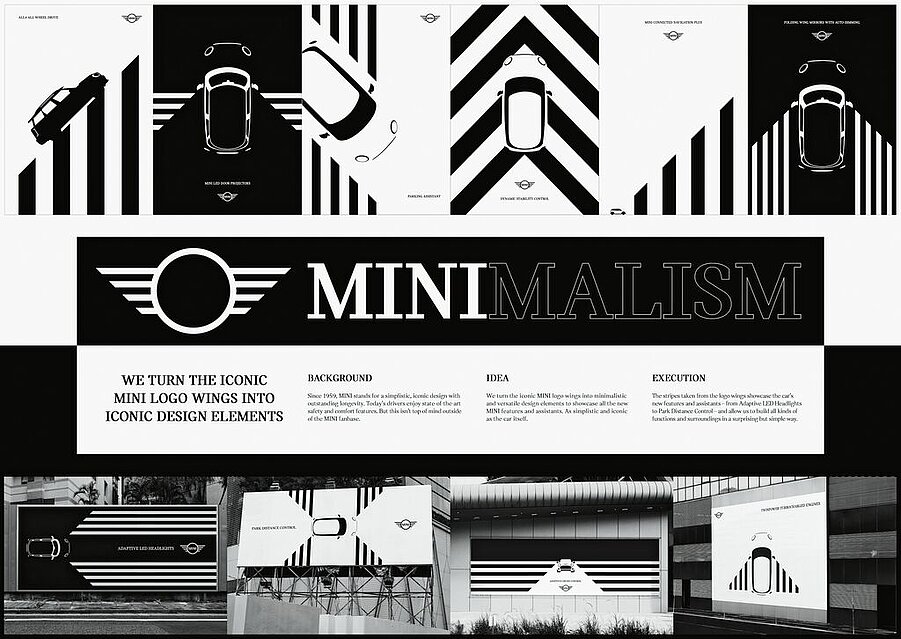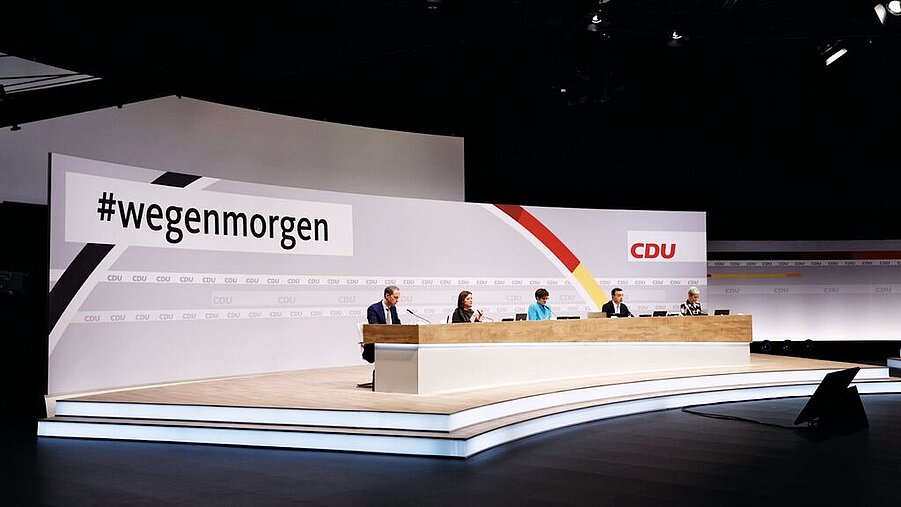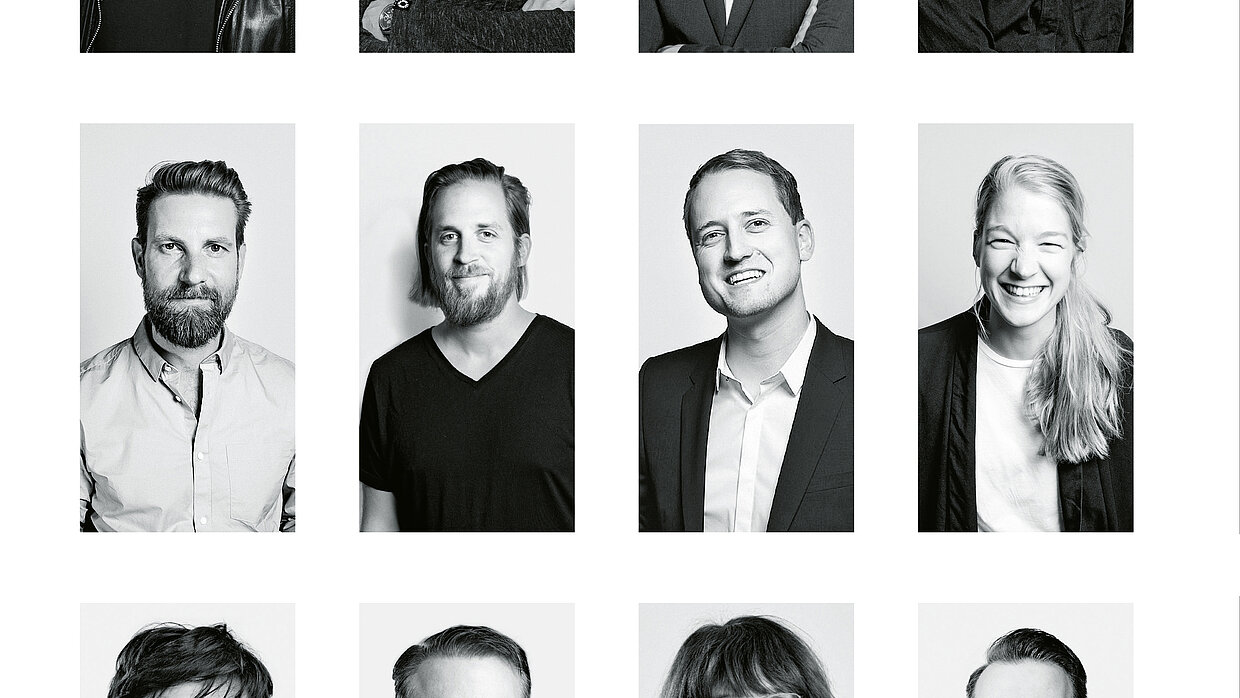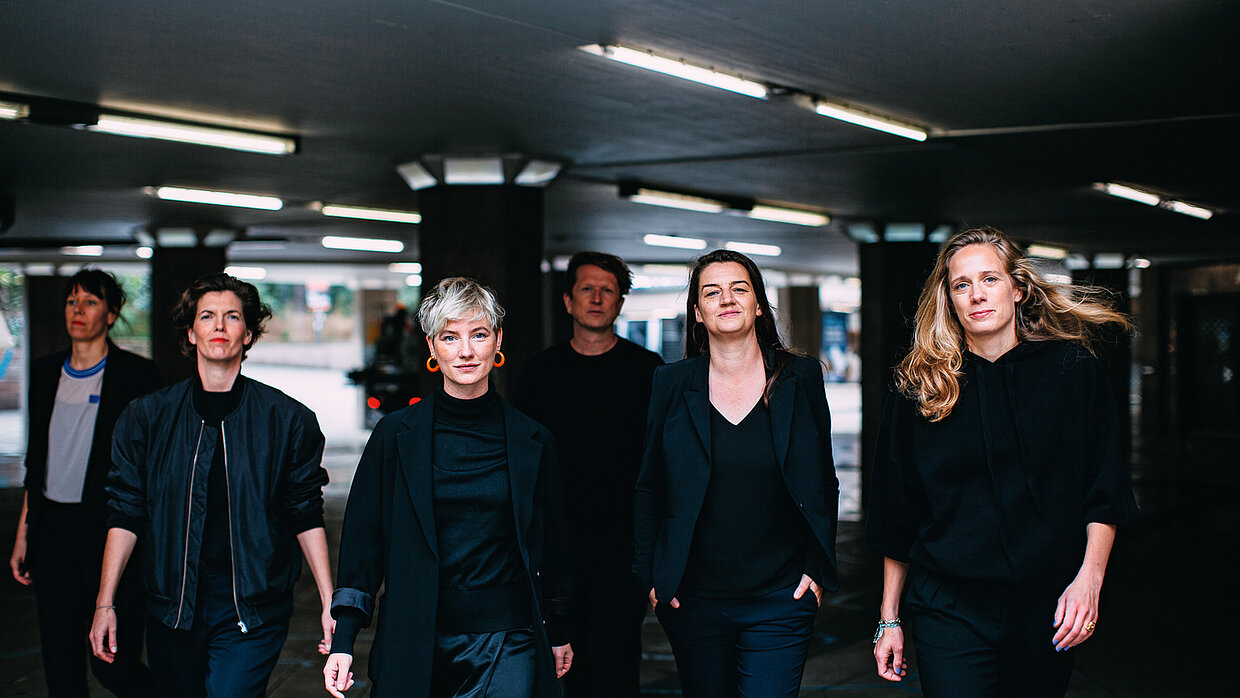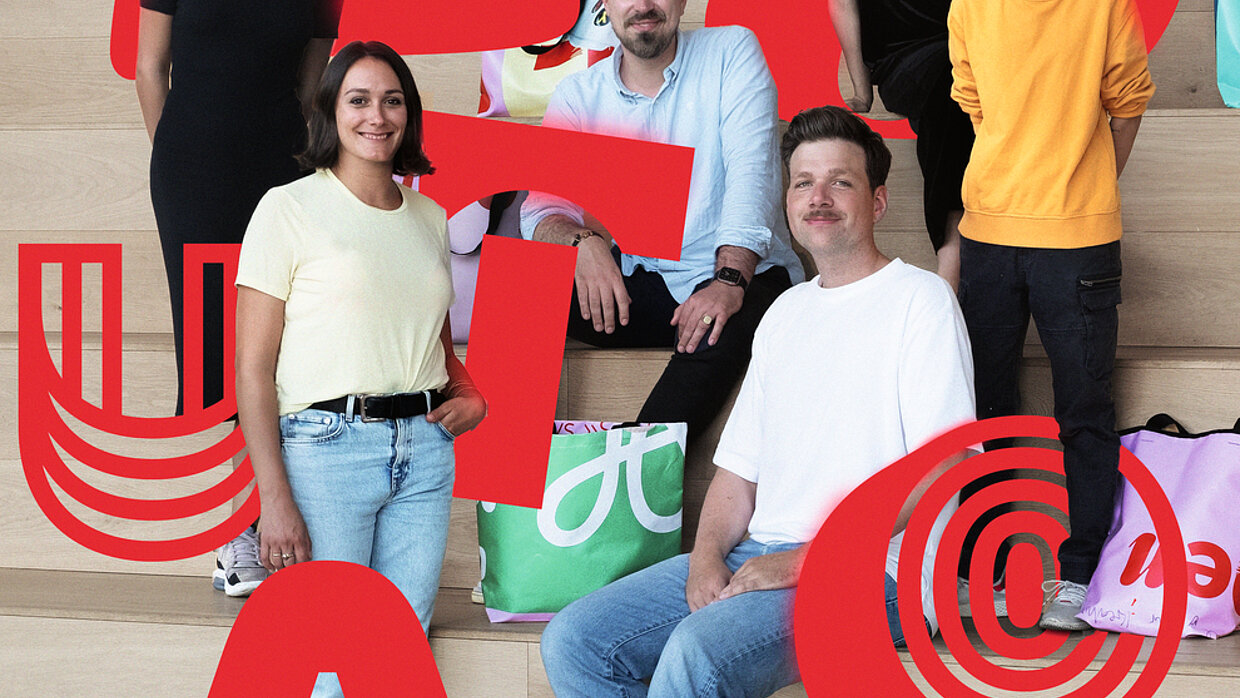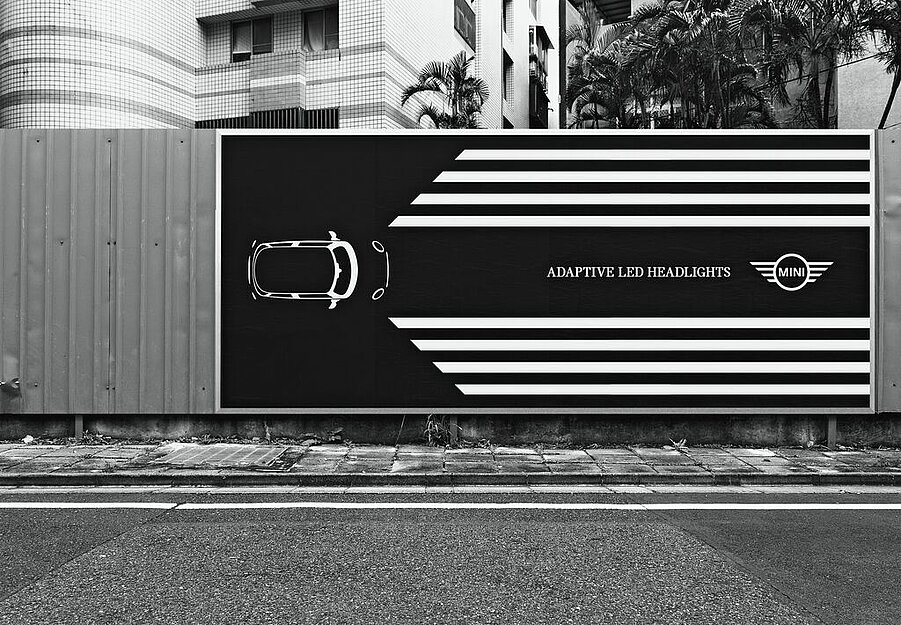
Forever Young
Originally founded as a classic advertising agency in 1970, SERVICEPLAN GERMANY is today the epitome of constant and successful change. Over the years, foresighted management decisions led to the establishment of the Houses of Communication that bring all communication disciplines together under one roof but give each speciality its own identity with its own company brand. With over 23 sites and additional partnerships, SERVICEPLAN GERMANY is represented in 34 countries as an owner- and partner-operated agency group.
A Ray of Hope in the Pandemic
For SERVICEPLAN GERMANY, breathing life into campaigns and eliciting an emotional response also means adopting an unusual approach and rewarding clients’ courage with unique solutions. Close and trust-based customer relationships at times give rise to projects that are genuinely labours of love, such as the “The Wish” campaign for Penny, which combined numerous creative disciplines from production and camera work to casting, editing and music.
SERVICEPLAN GERMANY in an interview with Red Dot
Red Dot: You created a Christmas campaign for Penny that focused on the restrictions young people had to live through during the pandemic. Was this a topic that was also close to your heart?
SERVICEPLAN GERMANY: Of course. We are not just advertisers, but also fathers, aunts, uncles and can remember being 16 ourselves. We noticed that attention was rightly primarily given to older people, particularly at the start of the pandemic. But nobody spoke of the fact that so many young people were missing out on defining life experiences due to COVID-19. We remembered our youth and were retrospectively grateful for all the experiences we were able to have. We – and also our client PENNY – were deeply moved by the fact that an entire generation had missed this. PENNY, which employs many young trainees, was there every day when everything was shut down. The entire team quickly realised: we want to give something back to young people, both in the film and in real life. That is how we came up with the idea of giving away 5,000 unforgettable experiences.
The film gets under your skin, largely because it is so relatable. Was it clear right from the start that it had to be like an intimate play?
Initially, we just had the script. And as we all agreed that we had to give the mother’s intimate monologue as much space as possible, the idea of an intimate play was born. Marcus Ibanez and Iconoclast then brought it to life in an absolutely unique way.
The Freedom to Do Good
Alongside creating innovative solutions for industry and commerce, SERVICEPLAN GERMANY always enjoys developing projects with social causes. One such example is “Freedom Grams”, an initiative that draws attention to the many people incarcerated in the USA for cannabis possession despite this substance now being widely legalised there. By contrast, “Dot Go” is a highly complex app that helps partially sighted and blind people more easily to interact with objects. Two very different projects that have one thing in common: a practical solution that takes account of the bigger picture.
SERVICEPLAN GERMANY in an interview with Red Dot
Red Dot: Both “Freedom Grams” and “Dot Go” serve social causes. As creatives, is it important to you personally to find solutions to social issues?
SERVICEPLAN GERMANY: We are definitely motivated to use our creativity for good. With the two projects in question, we specifically sought to provide innovative start-ups with a platform via which to continue serving the public good.
“Freedom Grams” is an awareness campaign calling for solidarity. What did your solution centre on?
For Freedom Grams, we developed a platform anyone can use to create labels. Cannabis retailers and growers can also use these labels for their own products. With this approach, we want to draw cannabis consumers’ attention to the contradictions and injustices of this problem. Specific facts and figures here aim to trigger an emotional response.
For “Dot Go”, you created a digital solution that makes everyday life easier for partially sighted and blind people. How did you approach this task?
When researching existing barrier-free solutions, it became clear that it was important to make the product customisable. This is what makes “Dot Go” more than just an app. It is a barrier-free toolkit for users to be proactive rather than having to rely on standard settings.
How deeply do communication designers now have to immerse themselves in technology in order to balance feasibility, aesthetics and functionality?
First and foremost, designers have to learn everything they can about existing solutions and then forget the stigmatised aspects of the technology. By participating in focus groups and accessibility audits, designers must gain an understanding of the respective limitations – and how to bypass these.
A Futuristic Construction
A lavishly produced spot for O2 barely gives viewers time to catch their breath. The fast-paced on-screen action required close collaboration between SERVICEPLAN GERMANY, O2, the director, film production and VFX post-production teams. This extraordinary vision was brought to life in just two months of continuous dialogue between Hamburg, Munich, Berlin and São Paulo with the help of a passionate team and a richly detailed film set
SERVICEPLAN GERMANY in an interview with Red Dot
Red Dot: In “Every Home”, storytelling is extremely condensed. What was the origin of the underlying concept of linking all architectural styles and lifestyles in just a few minutes of film?
SERVICEPLAN GERMANY: The most obvious solution would have been to create a vignette commercial showing different living situations and use cases. But our aim was to create something that had not been seen before: a use-case film that doesn’t look like your typical classic use-case film, but rather like a simple, easy-to-relate-to story with an embedded iconic key visual that sticks in people’s minds.
What was the greatest challenge in achieving that goal?
The biggest challenge was to integrate the different homes as well as day and night-time lighting situations into the overarching structure of the key visual in order to come up with a coherent overall architectural impression, without compromising on realism and plausibility. To support the architectural perception of the total structure, there were shots in which real images were combined with CGI elements and visual effects as well as completely artificial sets.
Visualising Visions
Recycling is good, avoidance is better – this is the message Dash wants to communicate. To put it across, SERVICEPLAN GERMANY worked with 3D artist Jan Ruppert to create an animation film that is entertaining but at the same time gets under your skin. The unusual paper look stems from the products themselves: Dash is focusing on innovative types of paper packaging.
SERVICEPLAN GERMANY in an interview with Red Dot
Red Dot: Why did you choose an animation film as the medium for “Vision Plasticfree”?
SERVICEPLAN GERMANY: Where climate change and environmental protection are concerned, you quickly risk coming across as preachy. If you start lecturing and sound unnecessarily ponderous, people tend to bail out or turn away. It was important for us that the video would not be overburdened with facts but would move people with humour, music and emotional storytelling to pass on the message and act.
What status does this issue of sustainability currently have among your clients?
The more we are becoming aware of the effects of climate change, the more important sustainability becomes for our clients. A lot has happened in this respect, particularly in recent years. That does not only become apparent in communication. Sustainability and carbon neutrality also play a major role in our productions.
Is it only possible to advance the issue by engaging people emotionally?
Not per se but the emotional aspect plays, of course, an important role in this issue. We are only stirred into action if we are moved by something. In communication, it is, however, important that the message is authentic and the sender credible. If that is the case, it is possible to tell the story with a certain degree of levity.

